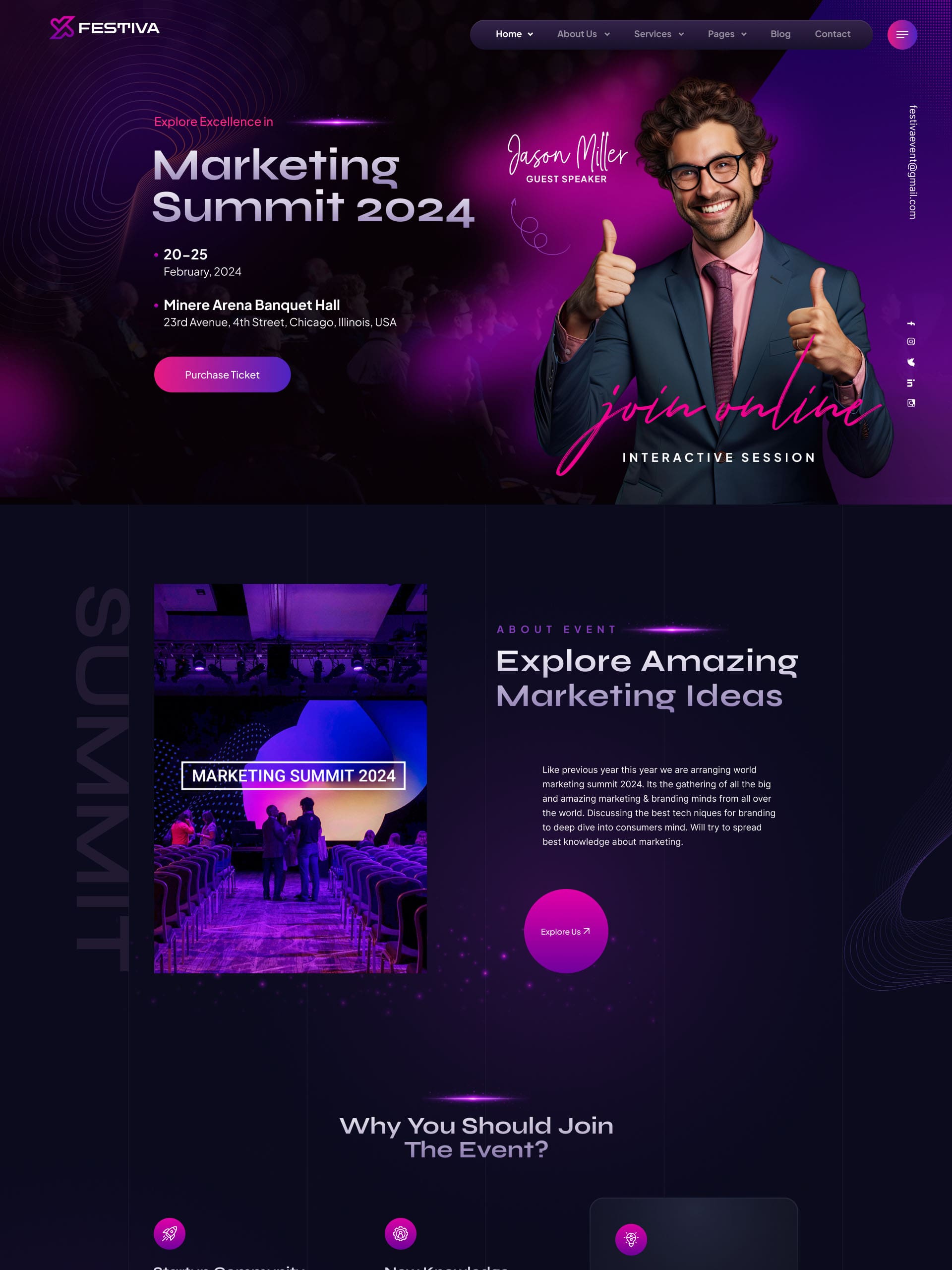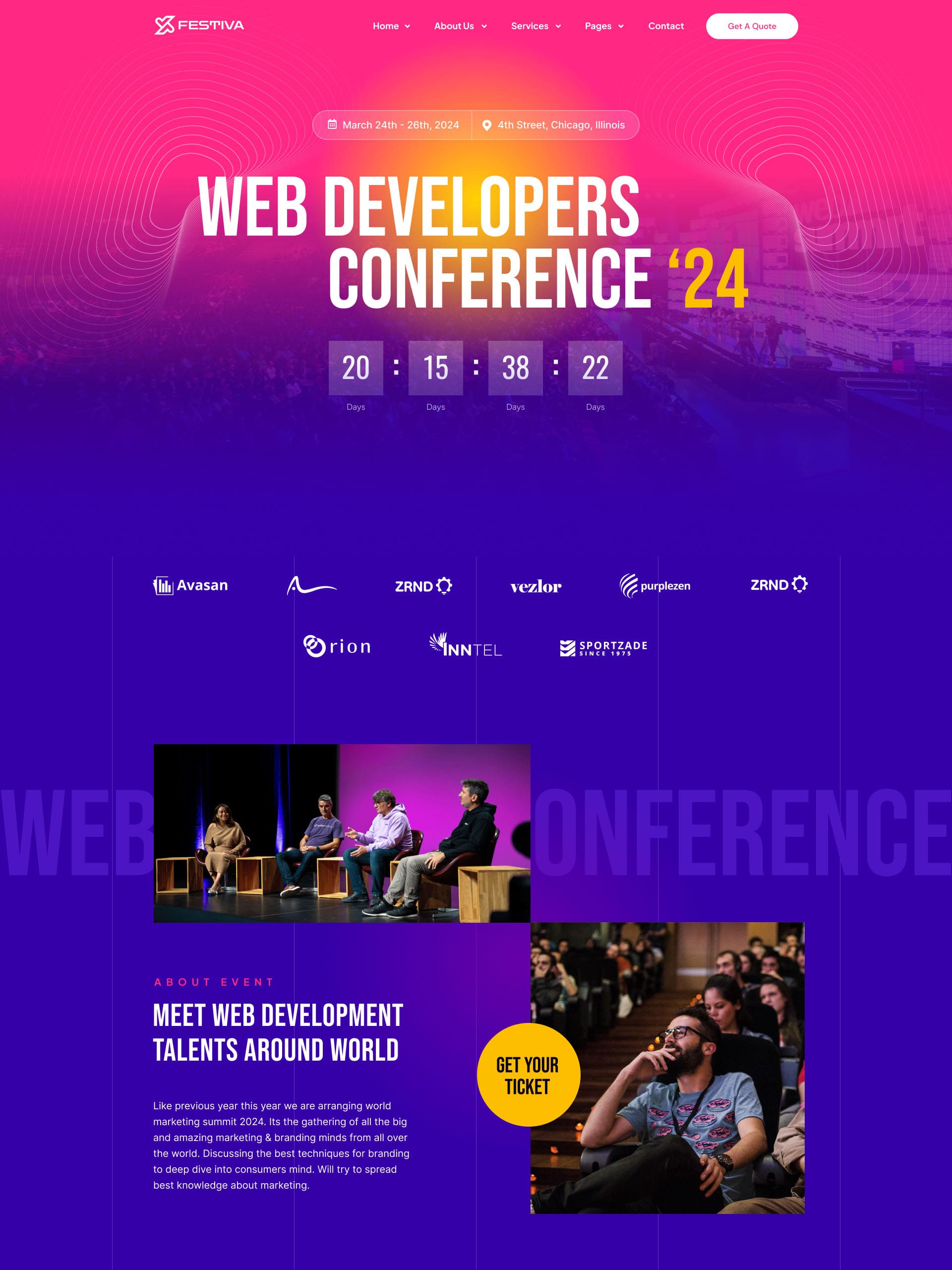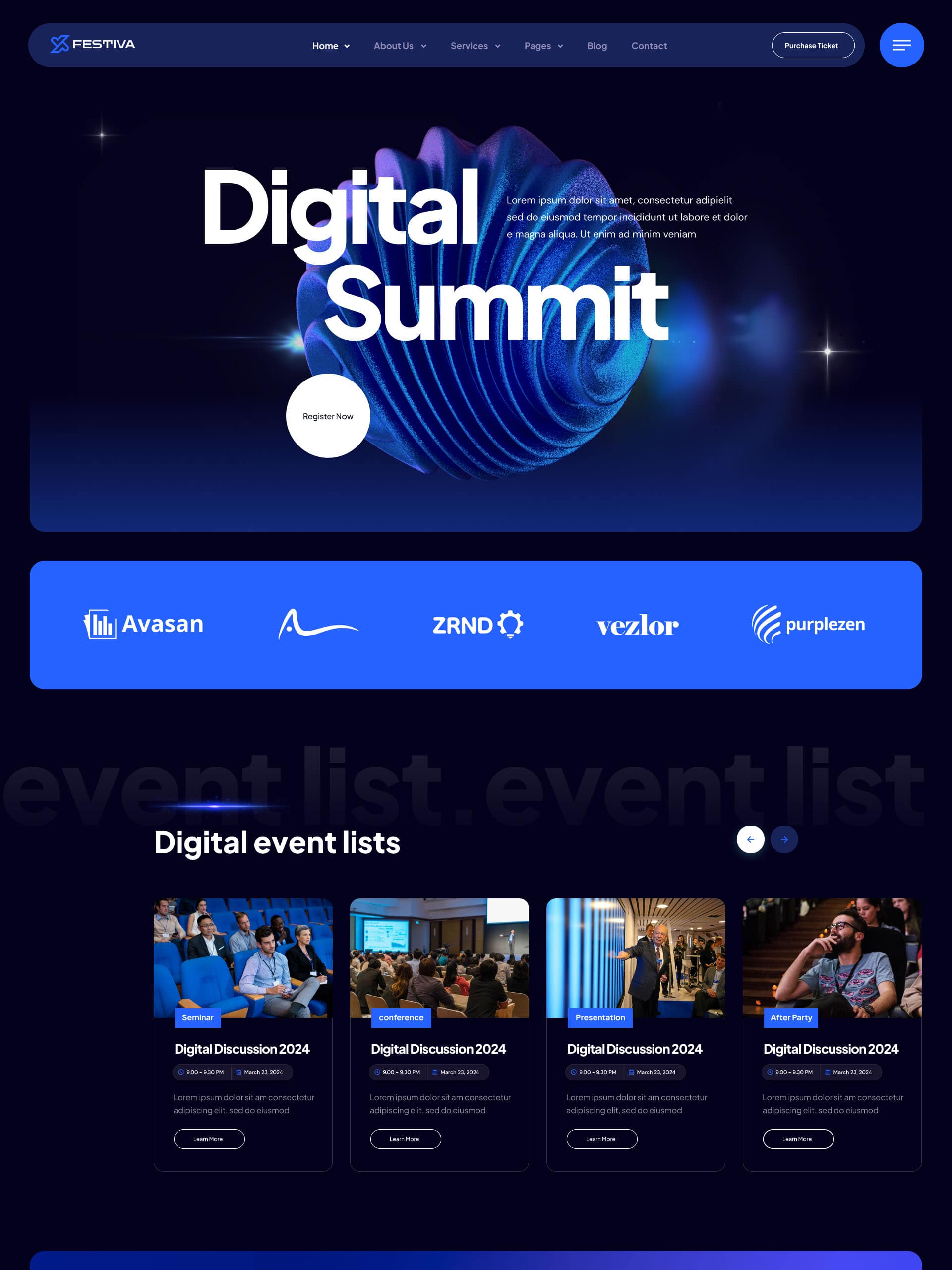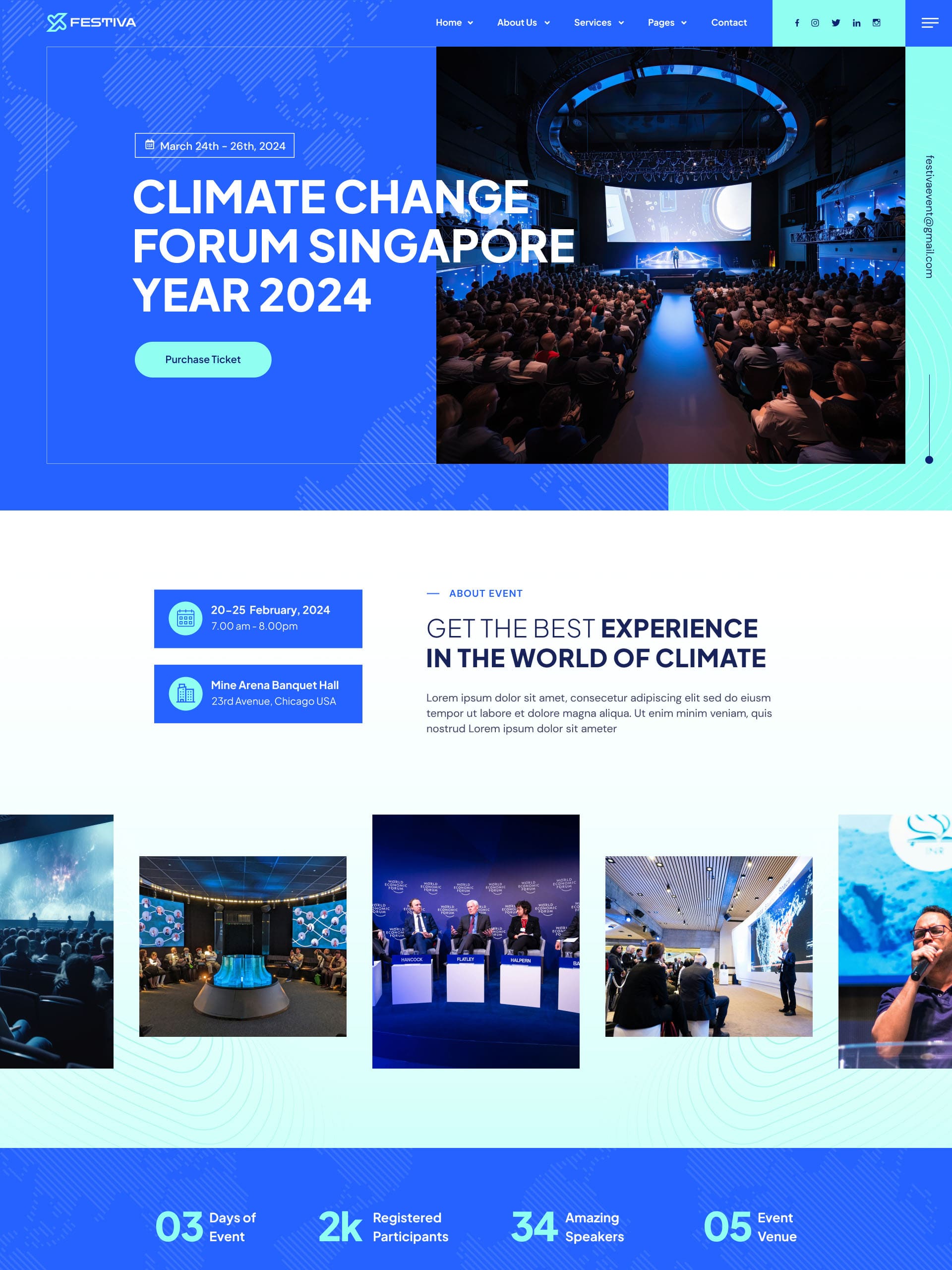Driving Inclusion: Social Impact Trends for 2025
As we enter 2025, social impact and inclusion have evolved from aspirational goals to fundamental business imperatives. Forward-thinking organizations are recognizing that diversity, equity, and inclusion (DEI) initiatives drive innovation, enhance performance, and create sustainable competitive advantages. Understanding the latest trends in social impact can help your organization build more inclusive cultures while delivering meaningful change.
Emerging Trends in Diversity, Equity, and Inclusion
Neurodiversity and Cognitive Inclusion
Organizations are expanding their definition of diversity to include neurodivergent individuals, recognizing that diverse cognitive approaches enhance creativity, problem-solving, and innovation. Companies are adapting recruitment, onboarding, and workplace practices to be more inclusive of different thinking styles.
Intersectionality-Focused Initiatives
Moving beyond single-dimension diversity programs, organizations are addressing intersectionality—understanding how multiple identities interact and create unique experiences. This holistic approach creates more effective and inclusive policies.
Supplier Diversity and Economic Inclusion
Companies are expanding supplier diversity programs to include minority-owned, women-owned, and small businesses throughout their value chains. This approach creates economic opportunities while strengthening community relationships.
Digital Equity and Accessibility
As digital transformation accelerates, organizations are prioritizing digital accessibility and ensuring that technology solutions are inclusive. This includes website accessibility, inclusive design practices, and equitable access to digital tools.
Social Innovation Trends
Impact Measurement and Reporting
Stakeholders increasingly demand transparent reporting on social impact metrics. Organizations are implementing robust measurement systems that track progress on inclusion goals and demonstrate tangible outcomes.
Employee Resource Group Evolution
Employee Resource Groups (ERGs) are evolving from networking organizations to strategic business partners. These groups now contribute to product development, market expansion, and organizational strategy.
Community Partnership Models
Companies are developing deeper, more strategic partnerships with community organizations. These collaborations focus on long-term change rather than short-term charitable giving.
Skills-Based Volunteering
Organizations are leveraging employee skills to address social challenges. Skills-based volunteering programs allow employees to contribute professional expertise to nonprofit organizations and community initiatives.
Inclusive Leadership Development
Unconscious Bias Training Evolution
Bias training programs are becoming more sophisticated, focusing on systemic change rather than awareness alone. Organizations are implementing ongoing education, accountability measures, and behavioral interventions.
Inclusive Decision-Making Processes
Companies are redesigning decision-making processes to ensure diverse perspectives are included. This includes diverse hiring panels, inclusive meeting practices, and equitable promotion processes.
Allyship and Advocacy Programs
Organizations are developing structured programs that train employees to be effective allies. These programs provide practical tools for supporting underrepresented colleagues and advancing inclusion.
Leadership Accountability
Inclusion metrics are increasingly tied to leadership performance evaluations and compensation. This accountability ensures that inclusion remains a strategic priority at all organizational levels.
Technology for Social Good
AI and Algorithmic Fairness
Organizations are addressing bias in artificial intelligence systems and algorithms. This includes diverse development teams, bias testing, and transparent AI decision-making processes.
Data-Driven Inclusion
Companies are using data analytics to identify inclusion gaps and measure progress. Advanced analytics help organizations understand where interventions are most needed and track the effectiveness of inclusion initiatives.
Digital Platforms for Connection
Technology platforms are facilitating connections across diverse employee groups, enabling mentoring programs, and creating virtual spaces for inclusion conversations.
Accessibility Technology Integration
Organizations are integrating accessibility features into their technology infrastructure, ensuring that digital tools are usable by employees and customers with disabilities.
Global and Cultural Considerations
Cultural Intelligence Development
As organizations become more global, cultural intelligence becomes essential. Companies are developing programs that help employees navigate cultural differences and work effectively across diverse contexts.
Indigenous Rights and Recognition
Organizations are developing more sophisticated approaches to Indigenous rights, land acknowledgments, and partnerships with Indigenous communities.
Global South Partnerships
Companies are creating more equitable partnerships with organizations and communities in the Global South, moving beyond traditional charity models to collaborative relationships.
Local Community Integration
Organizations are tailoring their social impact initiatives to address specific local community needs rather than implementing one-size-fits-all programs.
Measuring Social Impact Success
Outcome-Based Metrics
Organizations are shifting from activity-based metrics (events held, training completed) to outcome-based metrics that demonstrate real change in inclusion and social impact.
Stakeholder Feedback Integration
Companies are incorporating feedback from affected communities and stakeholders into their impact measurement systems, ensuring that programs address actual needs.
Long-Term Impact Assessment
Organizations are implementing longer-term evaluation processes that assess the sustainable impact of their social initiatives over multiple years.
Third-Party Validation
Independent assessment and validation of social impact initiatives provide credibility and identify areas for improvement.
Connect with Social Responsibility Leaders at ESGNext Conference
Ready to advance your organization’s social impact and inclusion initiatives? Join leading social responsibility experts at the ESGNext Conference in Dubai (November 4-5, 2026) for cutting-edge insights on diversity, equity, inclusion, and social impact trends.
At ESGNext Conference Dubai, you’ll:
- Learn from organizations with award-winning diversity and inclusion programs
- Discover innovative approaches to social impact measurement and reporting
- Network with social responsibility professionals and community leaders
- Explore technology solutions for inclusive workplace practices
- Gain practical tools for building more equitable and inclusive organizations
Transform your approach to social responsibility and create meaningful change that drives business success while building a better world.
Register for ESGNext Conference Dubai and join the global community of leaders driving social impact and inclusion.








